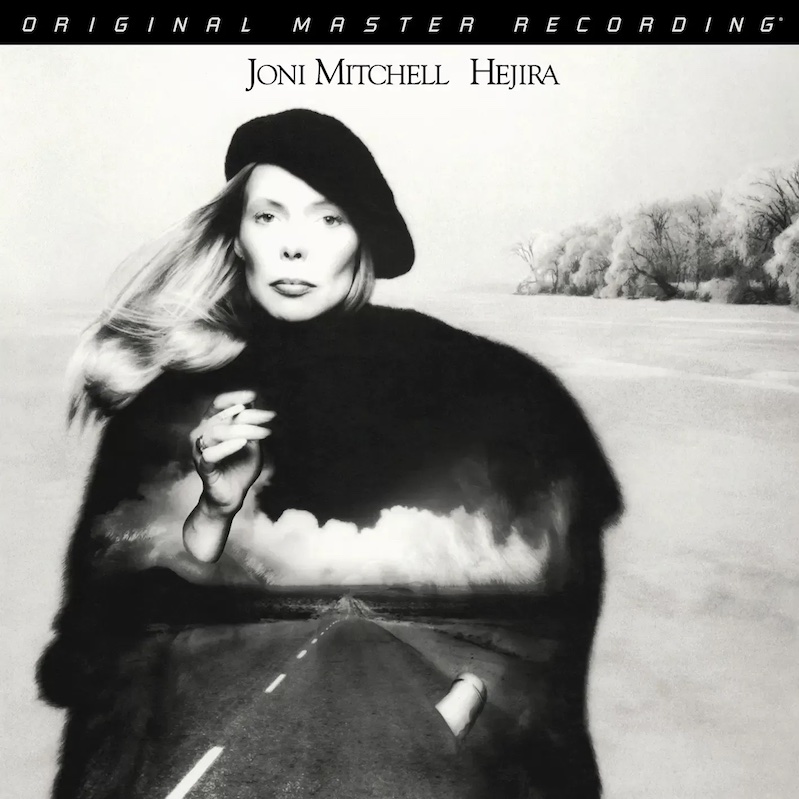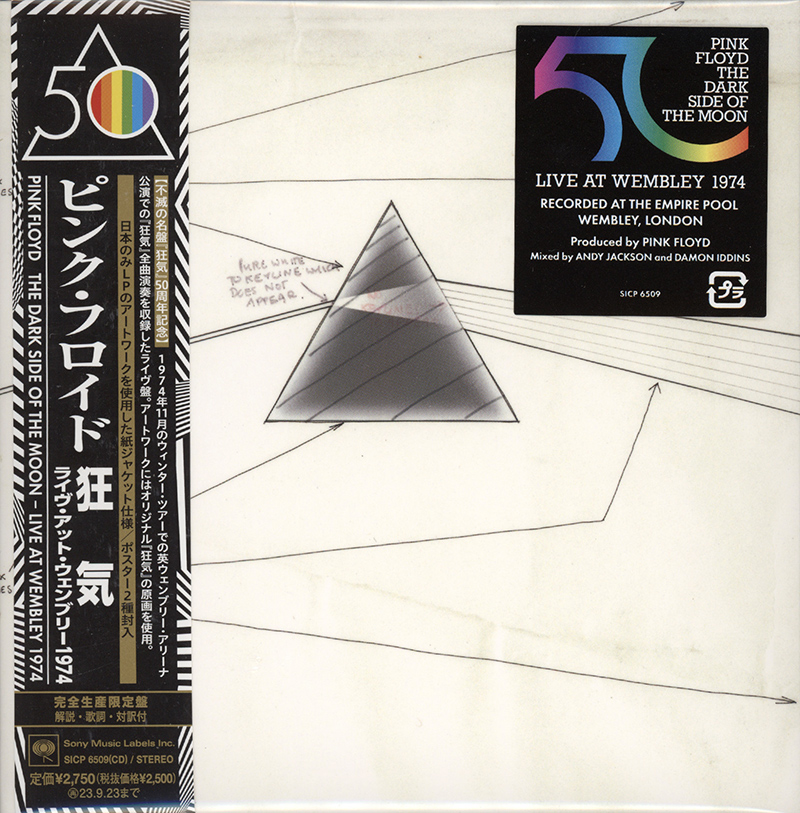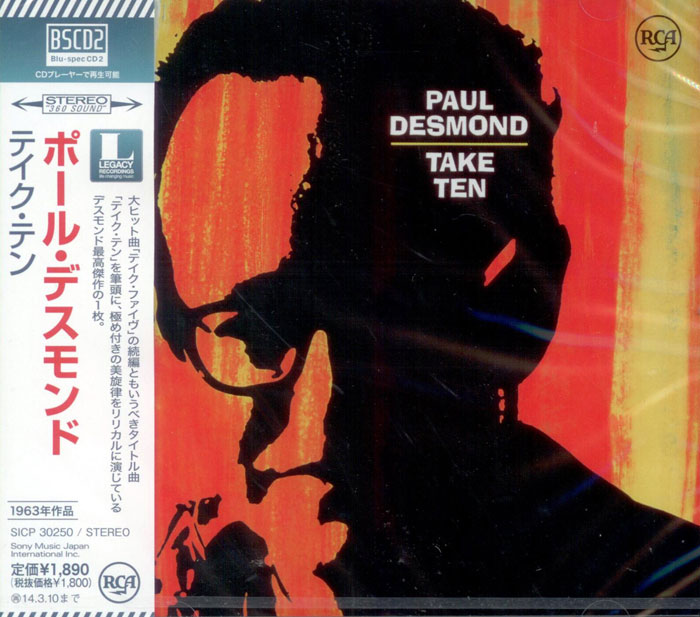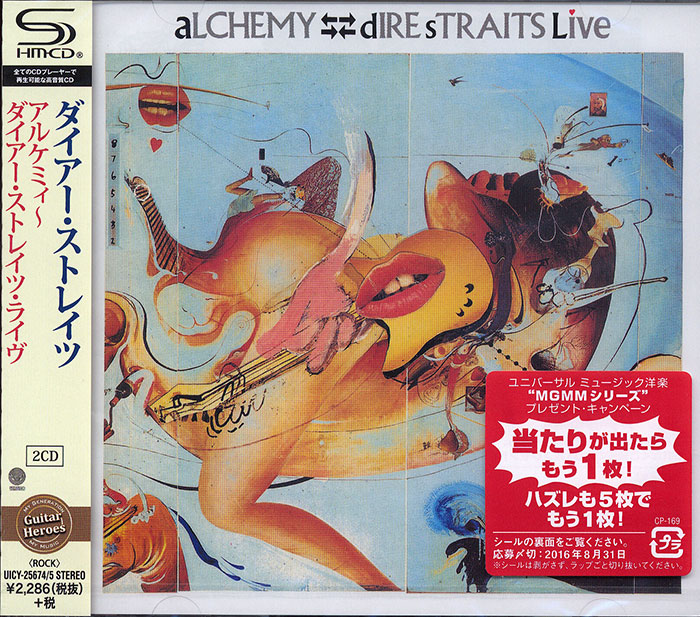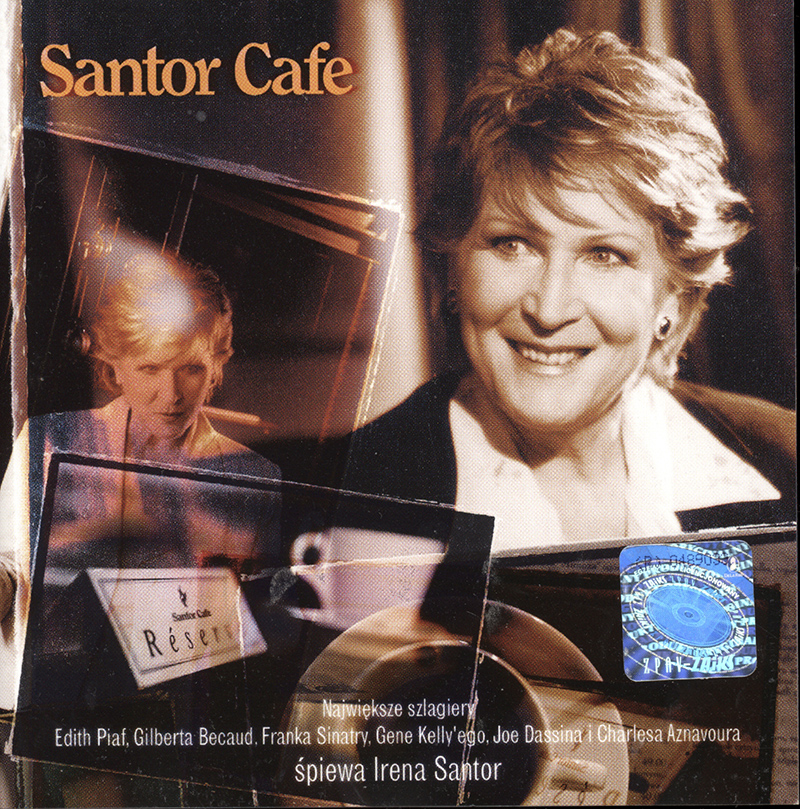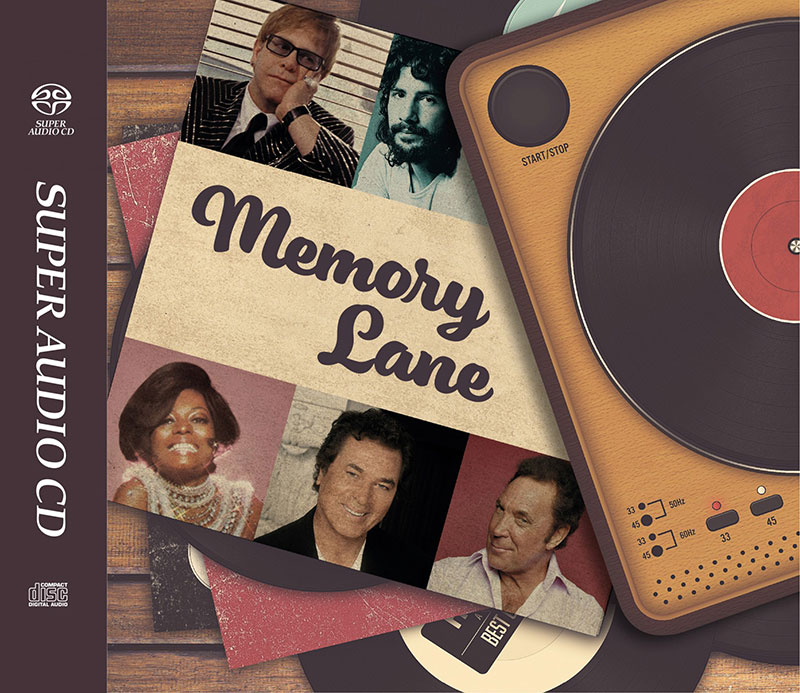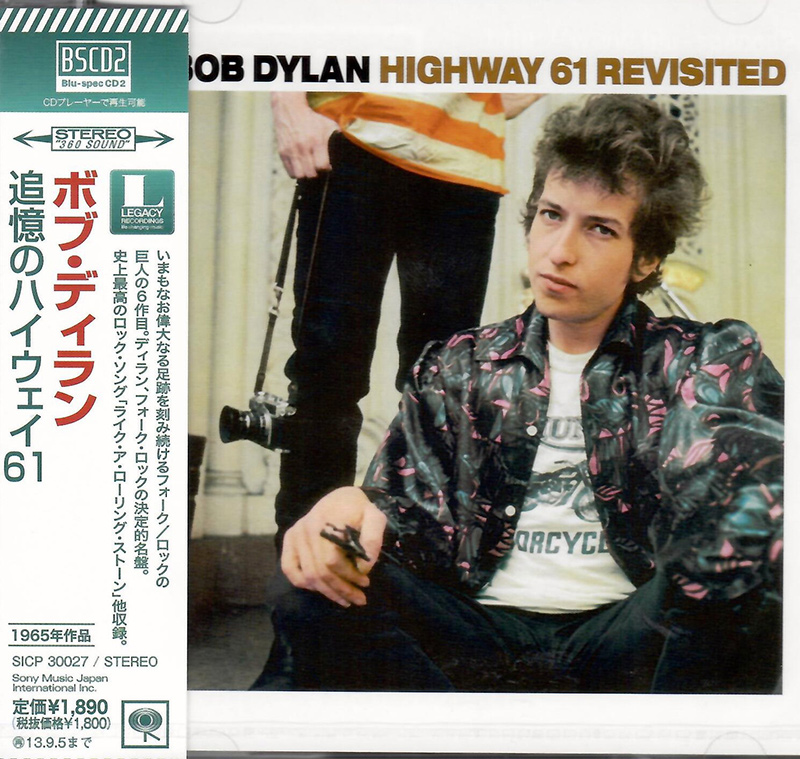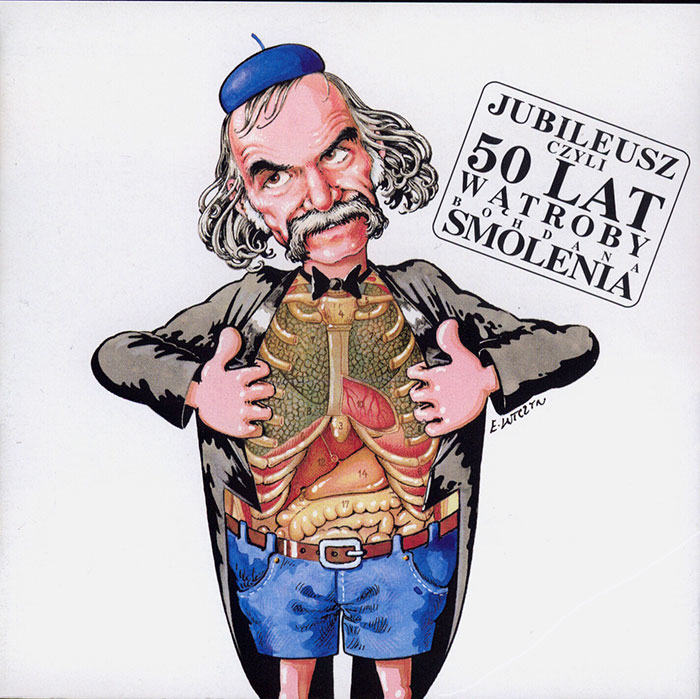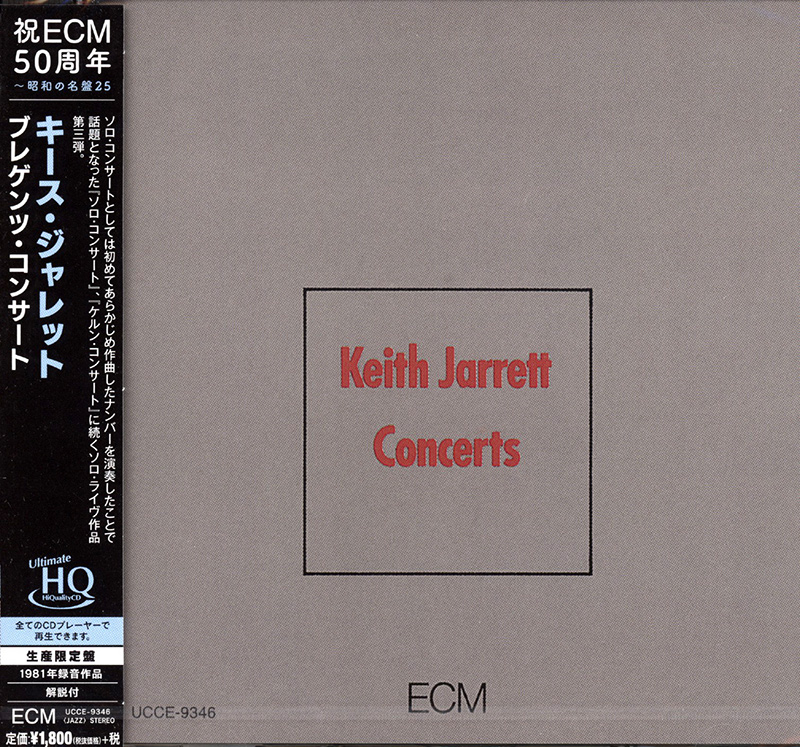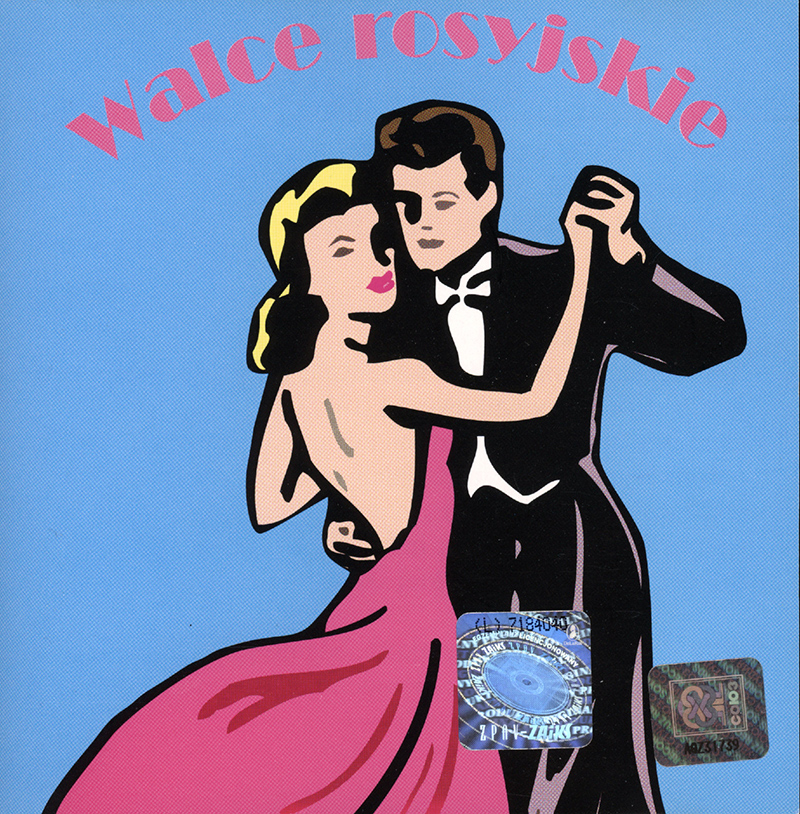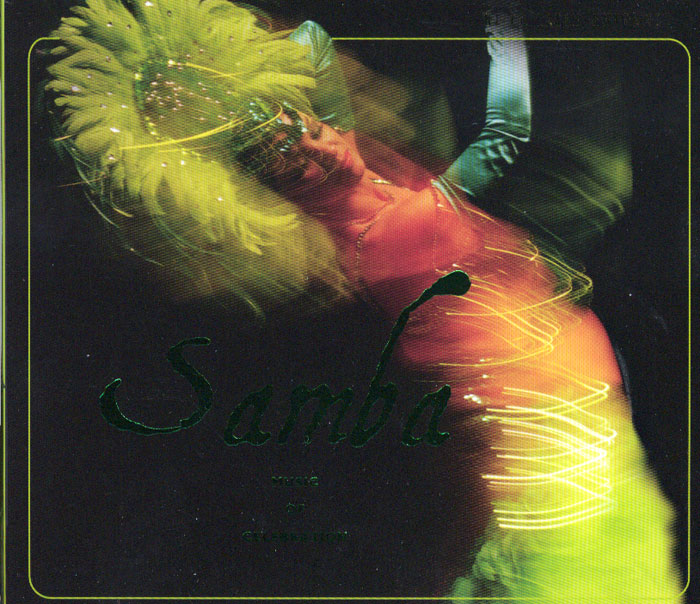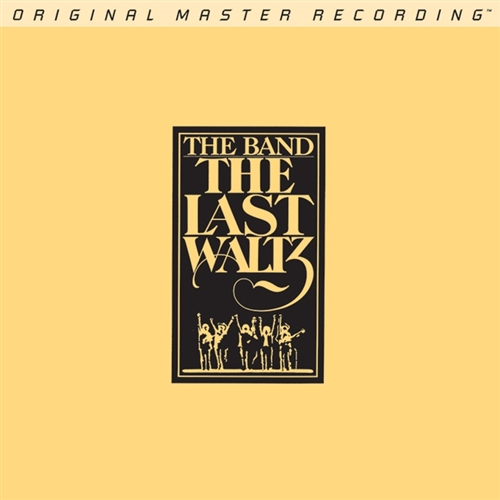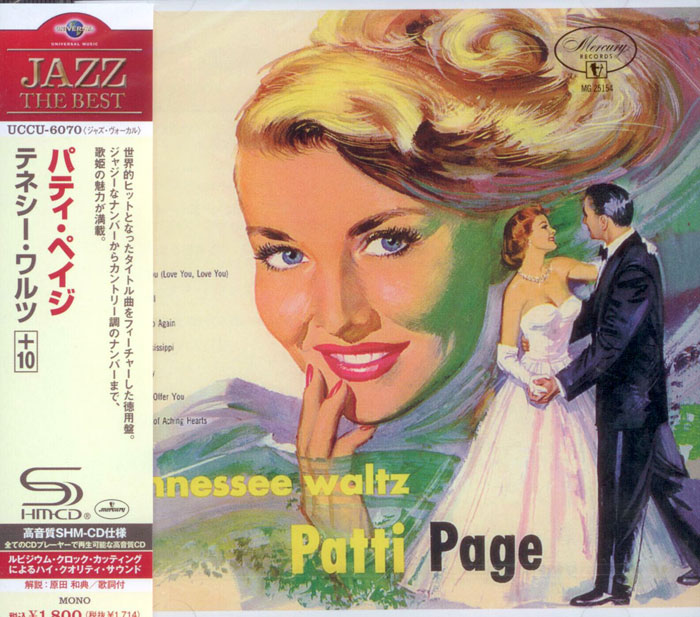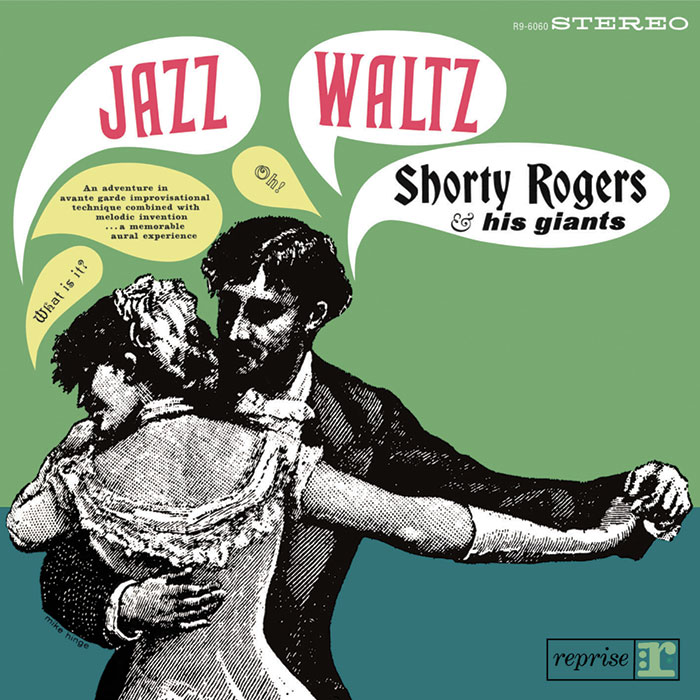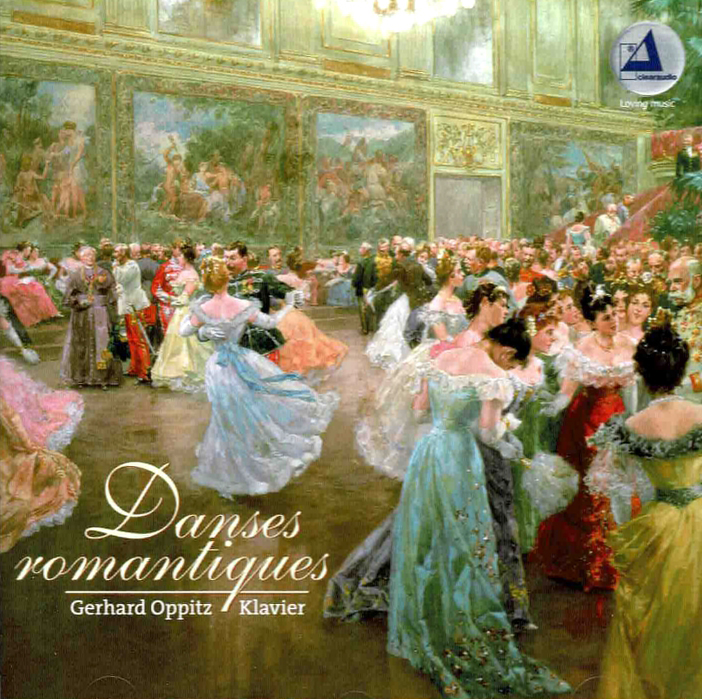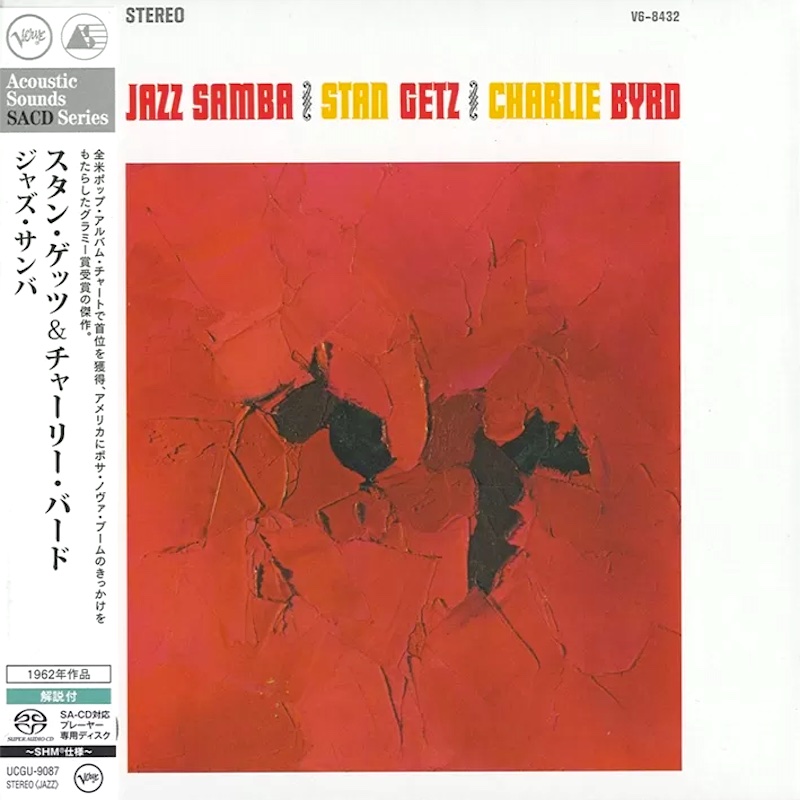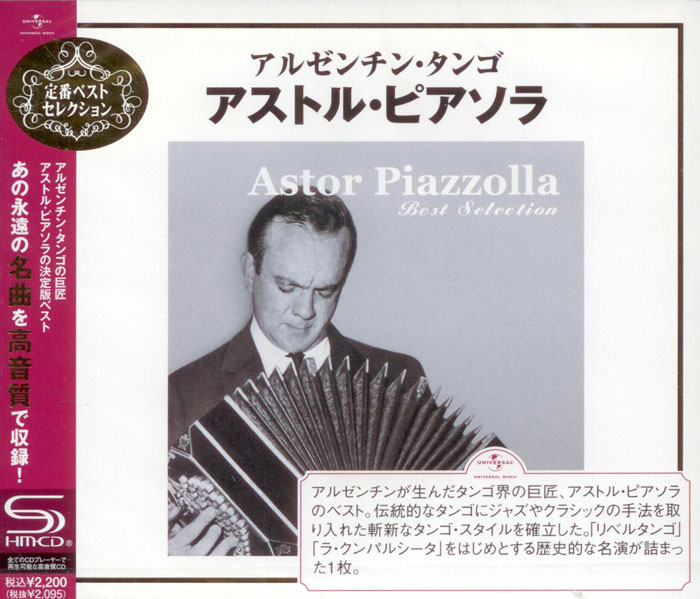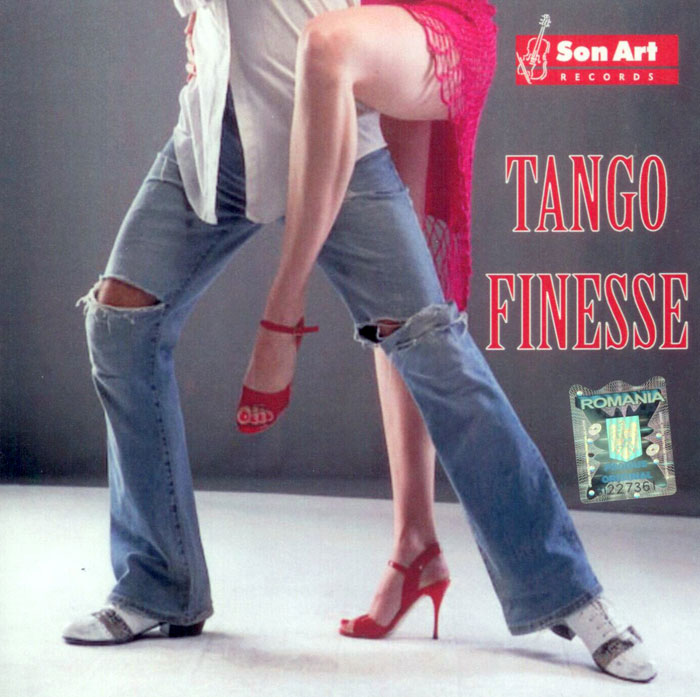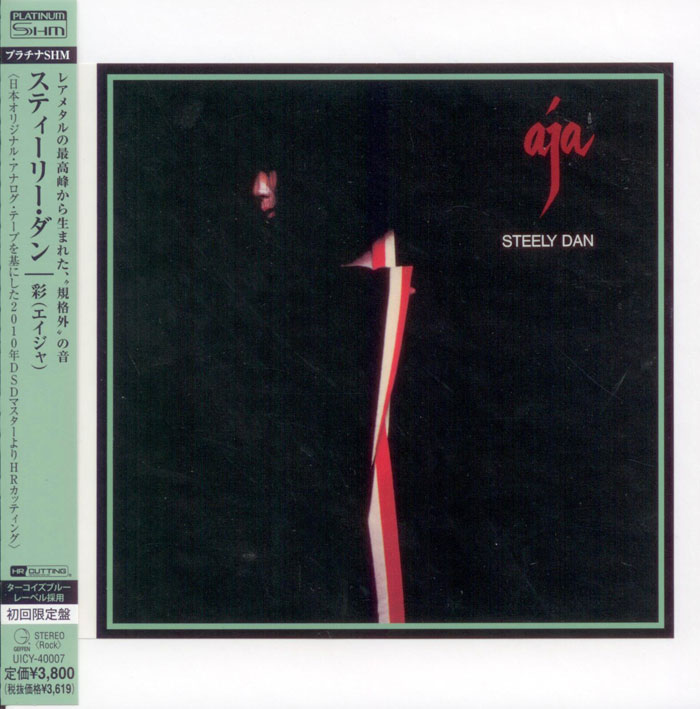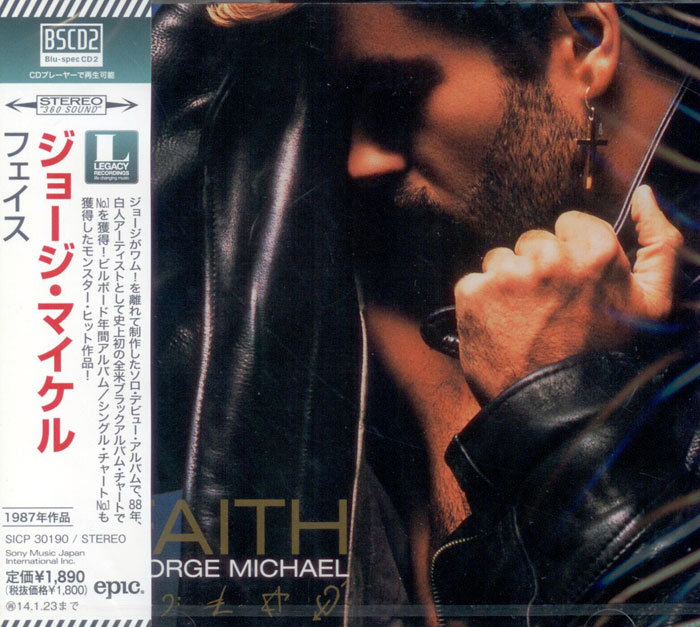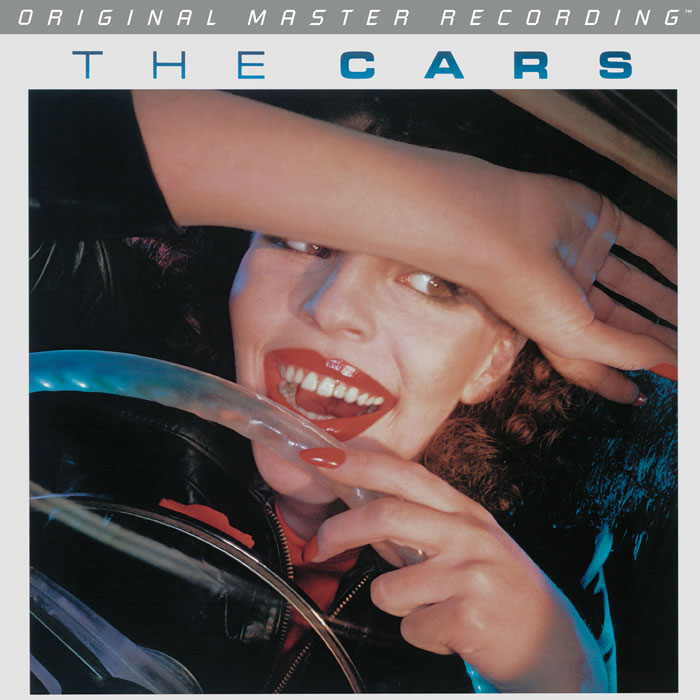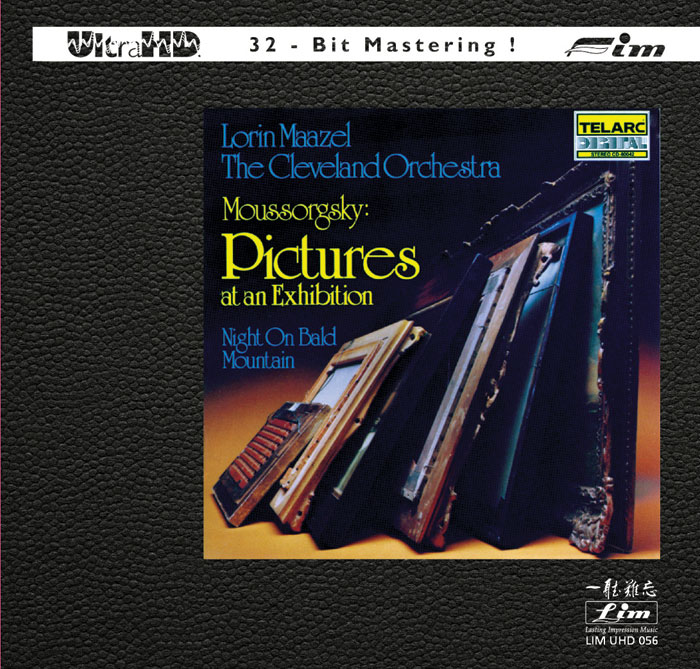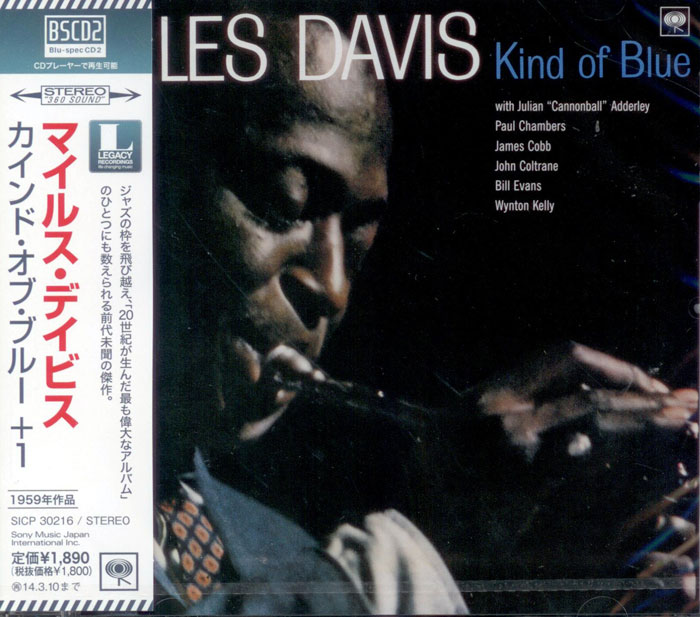Logowanie
Mikołaj - ten to ma gest!
Elton John, The Mamas & The Papas, Cat Stevens, Rod Stewart, Bobbie Gentry, Stevie Wonder, Engelbert Humperdinck
Memory Lane
Edycja Numerowana - 1000 egzemplarzy w skali światowej
RACHMANINOV, Eiji Oue, Minnesota Orchestra
Symphonic Dances / Vocalise
Best Recordings of 2001!!! NAJCZĘŚCIEJ KUPOWANA PŁYTA Z RR!
Karnawał czas zacząć!
Music of Love - Hi-Fi Latin Rhythms
Samba : Music of Celebration
AUDIOPHILE 24BIT RECORDING AND MASTERING
CHOPIN, LISZT, DEBUSSY, DVORAK, Gerhard Oppitz
Dances romantiques - A fantastic Notturno
Wzorcowa jakość audiofilska z Clearaudio
Winylowy niezbędnik
ClearAudio
Double Matrix Professional - Sonic
najbardziej inteligentna i skuteczna pralka do płyt winylowych wszelkiego typu - całkowicie automatyczna
Steely Dan
Aja
Pierwsze na świecie płyty PLATYNOWE
Aja is the third Steely Dan album since songwriters Walter Becker and Donald Fagen discarded a fixed-band format in late 1974. Since then they have declined to venture beyond the insular comfort of L.A. studios, recording their compositions with a loose network of session musicians. As a result, the conceptual framework of their music has shifted from the pretext of rock & roll toward a smoother, awesomely clean and calculated mutation of various rock, pop and jazz idioms. Their lyrics... remain as pleasantly obtuse and cynical as ever.
Aja will continue to fuel the argument by rock purists that Steely Dan's music is soulless, and by its calculated nature antithetical to what rock should be. But this is in many ways irrelevant to a final evaluation of this band, the only group around with no conceptual antecedent from the Sixties. Steely Dan's six albums contain some of the few important stylistic innovations in pop music in the past decade. By returning to swing and early be-bop for inspiration -- before jazz diverged totally from established conventions of pop-song structure -- Fagen and Becker have overcome the amorphous quality that has plagued most other jazz-rock fusion attempts.
"Peg" and "Josie" illustrate this perfectly: tight, modal tunes with good hooks in the choruses, solid beats with intricate counterrhythms and brilliantly concise guitar solos. Like most of the rest of Aja, these songs are filled out with complex horn charts, synthesizers and lush background vocals that flirt with schmaltzy L.A. jazz riffs. When topped by Fagen's singing, they sound like production numbers from an absurdist musical comedy.
The title cut is the one song on Aja that shows real growth in Becker's and Fagen's songwriting capabilities and departs from their previous work. It is the longest song they've recorded, but it fragilely holds our attention with vaguely Oriental instrumental flourishes and lyric references interwoven with an opiated jazz flux. "Aja" may prove to be the farthest Becker and Fagen can take certain elements of their musical ambition.
Lyrically, these guys still seem to savor the role they must have acquired as stoned-out, hyperintelligent pariahs at a small Jewish college on the Hudson. Their imagery can become unintelligibly weird (Frank Zappa calls it "downer surrealism"); it's occasionally accessible but more often (as on the title song) it elicits a sort of deja vu tease that becomes hopelessly nonsensical the more you think about it. Focus your attention on the imagery of a specific phrase, then let it fade out. Well, at least it beats rereading the dildo sequence in Naked Lunch.
The last album, The Royal Scam, was the closest thing to a "concept" album Steely Dan has done, an attempt to return musically to New York City, with both a raunchier production quality and a fascination with grim social realism. The farthest Aja strays from the minor joys and tribulations of the good life in L.A. are the dreamy title cut and "Josie," which hints ominously about a friendly welcome-home gang-bang. The melodramatic "Black Cow" is about love replaced by repulsion for a woman who starts getting too strung out on downers and messing around with other men. "Deacon Blues" (a thematic continuation of "Fire in the Hole" and "Any World") exemplifies this album's mood: resignation to the L.A. musician's lifestyle, in which one must "crawl like a viper through these suburban streets" yet "make it my home sweet home." The title and first lines of "Home at Last" (presumably a clever interpretation of Homer's Odyssey -- I don't get it) put it right up front: "I know this superhighway/This bright familiar sun/I guess that I'm the lucky one."
More than any of Steely Dan's previous albums (with the possible exception of Katy Lied), Aja exhibits a carefully manipulated isolation from its audience, with no pretense of embracing it. What underlies Steely Dan's music -- and may, with this album, be showing its limitations -- is its extreme intellectual self-consciousness, both in music and lyrics. Given the nature of these times, this may be precisely the quality that makes Walter Becker and Donald Fagen the perfect musical antiheroes for the Seventies.
- Michael Duffy, Rolling Stone, 12/1/77.
Bonus Reviews!
Steely Dan's eagerly awaited follow-up to The Royal Scam marks a dramatic transition in its unique brand of richly textured melodies. A soothing, breezy jazz overtone smoothly permeates each tune due mostly to the marvelous tenor saxes of Tom Scott, Wayne Shorter and Peter Christlieb. Once viewed as a traditional rock based band, Steely Dan, comprised of vocalist Donald Fagen and bassist Walter Becker, has matured into a tight, highly sophisticated professional unit, able to successfully combine creative rhythms, melodies and vocals with complex, often wryly sarcastic lyrics. The band's diversity is acknowledged in its distinctive blues rockers and funky upbeat numbers. Victor Feldman's electric piano solos add a calm earthy feel to much of the material. Dan's impeccable horn, rhythm and vocal syntax reaches new peaks of musicianship. Best cuts: "Aja," "Deacon Blues," "Josie," "Peg," "Black Cow."
- Billboard, 1977.
Carola suggests that by now they realize they'll never get out of El Lay, so they've elected to sing in their chains like the sea. After all, to a certain kind of reclusive aesthete, well-crafted West Coast studio jazz is as beautiful as anything else, right? Only I'm no recluse. I hated this record for quite a while before I realized that, unlike The Royal Scam, it was stretching me some; I still find the solo licks of Larry Carlton, Victor Feldman, et al. too fucking tasty, but at least in this context they mean something. I'm also grateful to find Fagen and Becker's collegiate cynicism in decline; not only is "Deacon Blues" one of their strongest songs ever, it's also one of their warmest. Now if only they'd rhymed "I cried when I wrote this song" with "Sue me if I play it wrong," instead of "Sue me if I play too long." Preferring long to wrong could turn into their fatal flaw. B+
- Robert Christgau, Christgau's Record Guide, 1981.
During the late '70s, Aja became required soundtrack music for fern bars throughout the country whose owners desired an upscale ambience. This was due to precision-crafted jazz-fusion pop/rock tracks like "Deacon Blues," "Josie," "Peg," and the title track, which featured a wonderfully musical drum solo by Steve Gadd. * * * *
- Rick Clark, The All-Music Guide to Rock, 1995.
Aja had songs such as "Peg" and "Black Cow" that were just as infectious as those on Steely Dan's debut, Can't Buy a Thrill. But it also showcased expansive moments such as the title track and "Deacon Blues." * * * * 1/2
- Gary Graff, Musichound Rock: The Essential Album Guide, 1996.
Forget for a moment the album's surreal sonic perfection, its melodic and harmonic complexity -- music so technically demanding its creators had to call in A-list session players to realize the sounds they heard in their heads but could not play, even on the instruments they had mastered. Concentrate instead on the profound sadness of Steely Dan's exquisitely arranged Aja. If you couldn't comprehend how Steely Dan, a nearly imaginary band that hadn't released a studio album in two decades, won the 2000 Album of the Year Grammy away from Radiohead and Eminem, this is the place to start understanding why.
Rock has always excelled at embodying adolescent ache. But it's rare when rock captures the complications of adult sorrows almost purely with its sound. Drummer Paul Humphrey's upstroke during the beginning of "Black Cow," the 1977 album's languid opener, is so hesitant, so world-weary that it barely catches up to the pulse he sets with his foot. On the eight-minute title track, instruments layer onto a different drummer, adding chord on top of chord, harmony on top of harmony, until tom-toms and cymbals thunder, raging all that ornate aural architecture away.
Aja's extended tracks achieve their power through a dynamic dance: Mellow, stark passages (which drew a blueprint for "smooth jazz" radio) are offset by obsessively dense musicianship, stacks of notes that grasp at euphoria. Some of the era's hottest jazz instrumentalists -- Joe Sample, Larry Carlton, Lee Ritenour, Tom Scott -- soar through what's often on the surface utterly jubilant. "Peg," the album's biggest hit, is nearly disco, and "I Got the News" isn't far away. The closing cut, "Josie," almost plays the celebration straight, though its backward-looking R&B keeps getting tripped up by restless rhythms. But there are so many unresolved chords, so much sweet dissonance, that the album's sleek virtuosity collapses against itself, leaving behind a loneliness rendered mostly oblique by Donald Fagen's heady wordplay. On "Deacon Blues," he cuts through his own cleverness to paint a picture of noir-shaded simplicity: "Drink Scotch whiskey all night long and die behind the wheel." That's Aja: frustration and failure at the heart of the party.
- Barry Walters, Rolling Stone, 8/30/01.
In the pre-new wave wasteland of '77, Walter Becker and Donald Fagen created this mini-film without pictures by way of brilliant lyrics and musicanship. This incredible kismet of talent reached the pinnacle of their jazz-pop studio perfection on this funky, slickly produced evergreen that still sounds like tomorrow. Back then you felt mature listening to these radio-phobic, long-form tunes made of aural velvet. * * * * *
- Zagat Survey Music Guide - 1,000 Top Albums of All Time, 2003.
If you were an audiophile in the late Seventies, you owned Aja. Steely Dan's sixth album is easy on the ears, thanks to both its meticulous production and its songs -- this was Walter Becker and Donald Fagen's no-holds-barred stab at becoming a huge, mainstream jazz-pop success. And sure enough, thanks to sweet, slippery tracks such as "Deacon Blues" and "Peg," this collegiate band with a name plucked from a William Burroughs novel and a songbook full of smart, cynical lyrics became bona fide superstars, shooting to the Top Five and selling platinum. And, yes, Aja even won a Grammy for Best Engineered album.
Aja was chosen as the 145th greatest album of all time by the editors of Rolling Stone magazine in Dec. 2003.
- Rolling Stone, 12/11/03.
Platinum SHM-CD HR
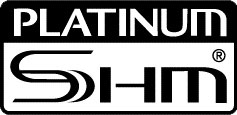 >>> Płyta Platinum SHM-CD do odtworzenia we wszystkich typach czytników CD. DVD oraz Blu-ray. Mogą wystąpić kłopoty w tych urządzeniach, które nie akceptują płyt CD-R.
>>> Płyta Platinum SHM-CD do odtworzenia we wszystkich typach czytników CD. DVD oraz Blu-ray. Mogą wystąpić kłopoty w tych urządzeniach, które nie akceptują płyt CD-R.
Idealny nośnik do prezentacji prawdziwej barwy i brzmienia, zgodnego z taśmą-matką. Wykonana przy użyciu technologii blu-ray, z dokładniejszym niż w jakimkolwiek wcześniejszym nośniku układaniem ścieżki z informacjami cyfrowymi.<<<

